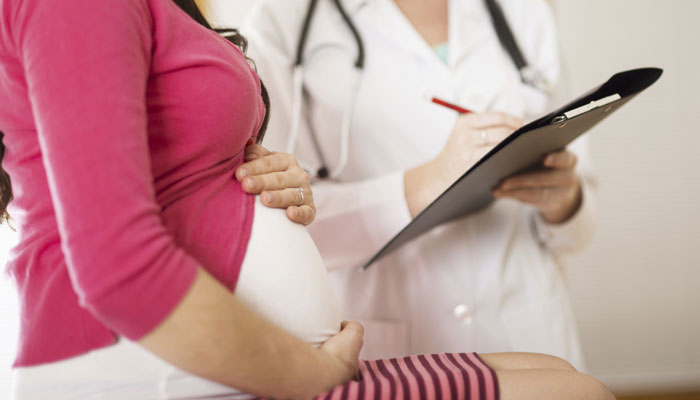
More and more women are going for a caesarian birth nowadays. In some cases, C-sections are planned because of medical various reasons. However, there are cases where many women unnecessarily go under the knife to deliver their bundles of joy just to avoid the labour pain.
While C-sections are required to safe the life of a mother and baby, they carry more risks compared with a vaginal birth. Even the World Health Organization (WHO) says that they shouldn’t be performed unless they’re medically necessary.
The main risks of having a C-section include:
For the mother
Infection: Although you’ll be given antibiotic to reduce your risk, it is said that about 8% of women still go on to get an infection after a caesarean birth, such as infection in the wound, lining of the uterus and urinary tract infection (UTI).
Pain: Pain in the would and discomfort in the belly for at least a few weeks after the surgery.
Blood clot: While any surgery raises your chances of developing a blood clot, the risk is greater after a C-section than after a vaginal delivery. If a blood clot gets in to your lungs (pulmonary embolism), it can even be life-threatening.
Anaesthetic: After the operation, many women experience complications related to medication, latex, or anesthesia. Adverse reactions to these items can range from very mild like headache to severe like death from anaphylactic shock
Pregnancy: Some C-section complications like such as uterine rupture make it impossible for a woman to have another baby.
For the baby
Breathing problems: Babied born by C-section are more likely to have breathing problems at birth and even during childhood, such as asthma. They may also be at greater risk for stillbirth.
Surgical injury: Although rare, sometimes baby may get a little cut from the doctor’s scalpel.
Source: zee news


